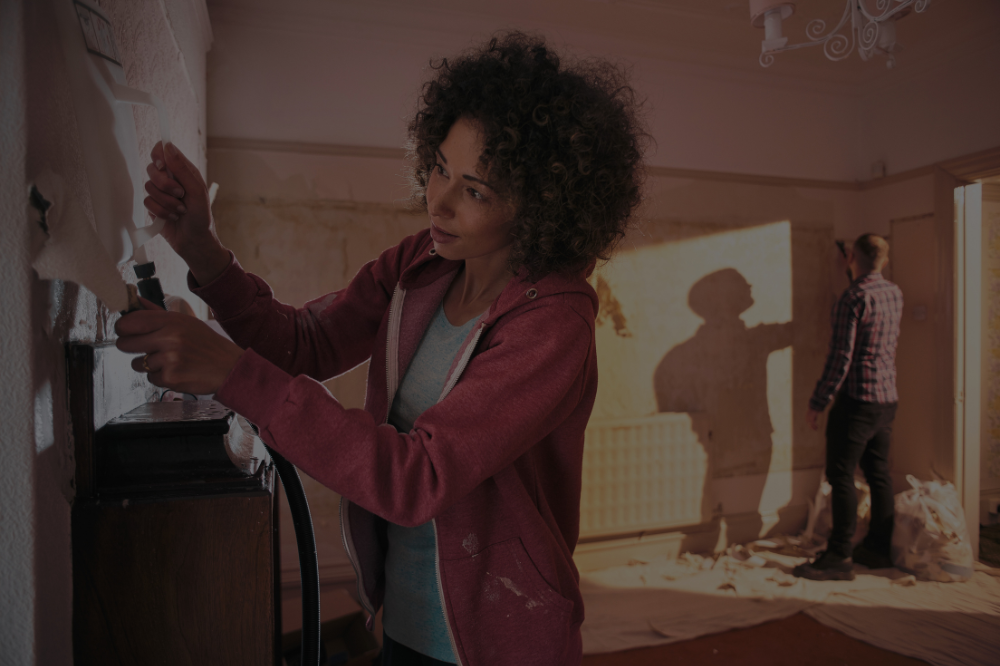Gen Zers are willing to buy fixer-upper homes, report shows. However, some are already regreating it.
A new report by Clever Real Estate reveals that 57% of Gen Zers are open to purchasing fixer-upper homes. The survey included 1,000 adults from Generation Z (18 and older), with 126 of them being homeowners. However, not all experiences are positive. Among the 40% of Gen Z homeowners who purchased a fixer-upper, 27% expressed regret.
A fixer-upper is a house that needs various levels of maintenance and is usually sold at a lower price. So, despite the small sample size, experts note that it’s common for buyers to feel overwhelmed by the renovation process.
“A lot of them are first-time buyers; they don’t really know the true costs of homeownership and how these renovations and repairs can really be a lot”, said Jaime Dunaway-Seale, a data writer at Clever Real Estate.
Marine Sargsyan, a staff economist at Houzz, said that while buying a fixer-upper can save money initially, prospective buyers must consider renovation costs and whether the home is currently functional. “Functionality above everything. Anything you have in your house has to function. If it doesn’t, then see how much it’s going to cost for you to replace [it]”, she added.
As home prices continue to rise, many young buyers must make compromises, such as opting for this type of houses. According to StorageCafe, the median price of a fixer-upper is about $283,000, roughly 29% less than a move-in ready home, which can save buyers about $117,000.
“Young buyers are having to make trade-offs because housing prices are so expensive”, said Susan Wachter, a real estate and finance professor at The Wharton School of the University of Pennsylvania.
Some are even willing to buy homes with serious issues, such as asbestos. The survey found that 56% of Gen Z would purchase a home with this hazardous material. However, Sargsyan advises ensuring safety and livability, making sure the house does not contain toxins and is structurally sound.
Things To Consider When Buying a Fixer-Upper House
- Roof: ensure the roof is not leaking and determine repair costs, which can be substantial. The median cost for roofing upgrades is around $12,000;
- Plumbing: check the condition and history of the plumbing. Older pipes, especially those installed before 1980, are more prone to breaking;
- Electricity: assess the wiring and electrical system’s capacity. Older homes may lack safety devices like ground fault circuit interrupters, and the median cost for electrical upgrades rose to $2,000 in 2023;
- Walls and Stairs: inspect for structural issues, such as cracks in walls and ceilings or uneven floors. Ensure stairs are safe to use;
- Overall Land: examine the land for potential problems, such as flooding evidence or land instability.

